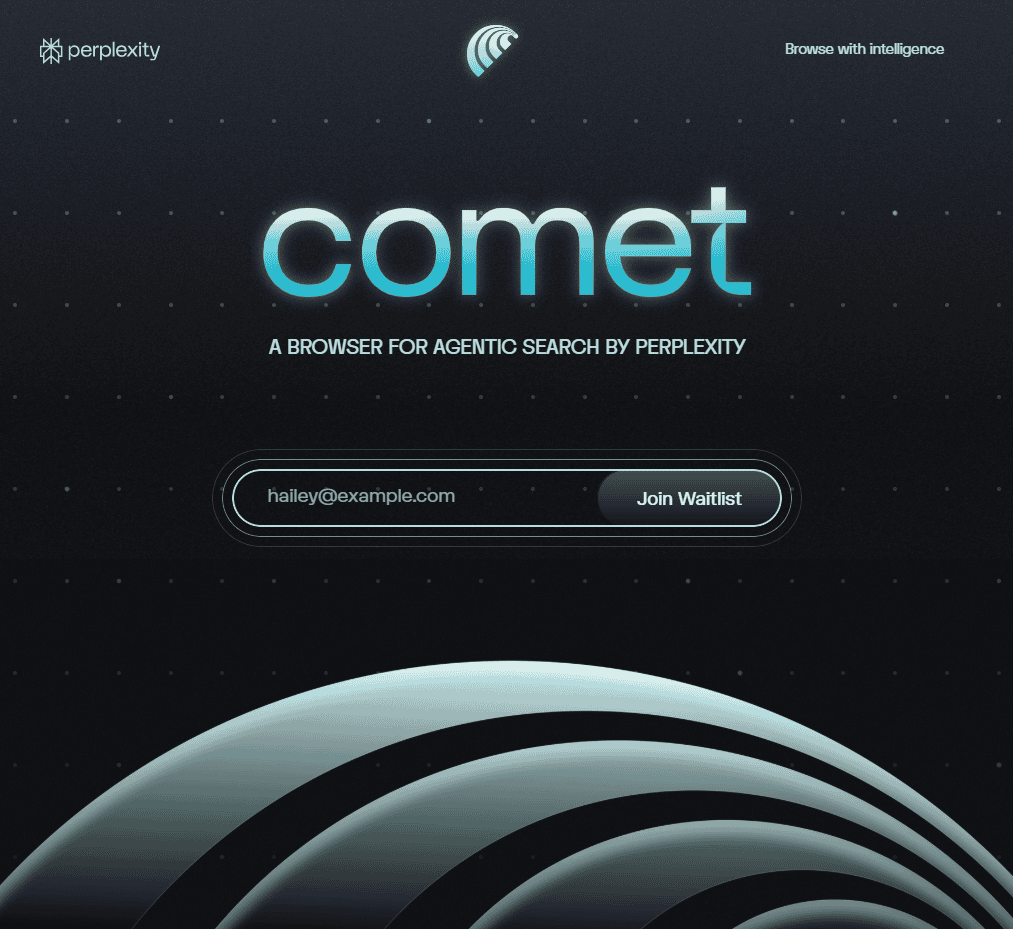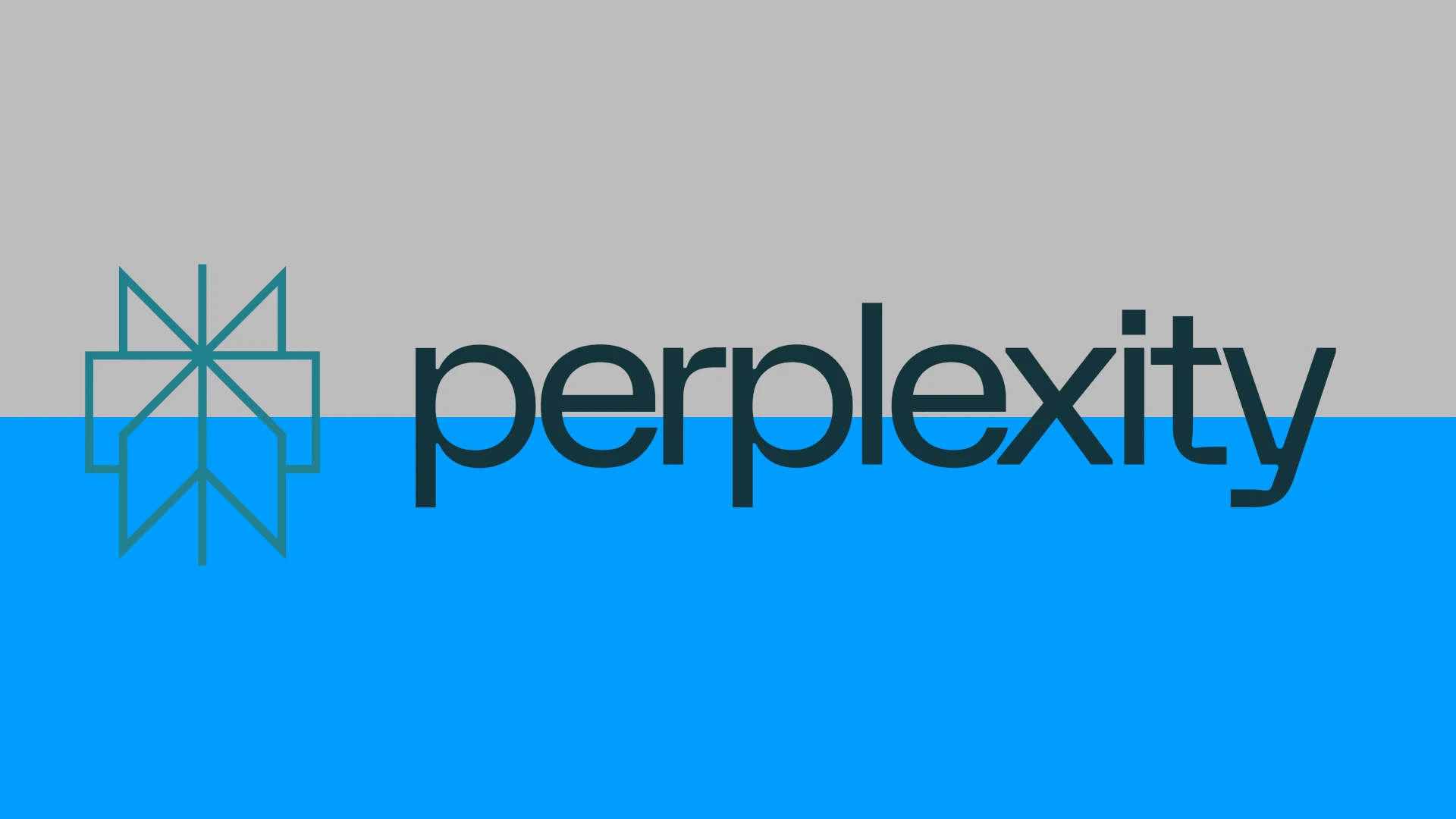Perplexity AI is gearing up to launch its first web browser, Comet, in mid-May 2025, and it’s already generating a lot of conversation — and controversy. Unlike traditional browsers that focus on speed, security, or minimal tracking, Comet is making waves because it promises to track users better than anyone else. According to Perplexity, this “better tracking” isn’t a bug — it’s the main feature.
Comet Browser: Personalized Ads or Privacy Trade-Off?
The company claims Comet will make online experiences more “personalized” by studying how you browse, shop, and search, and then using that information to serve you highly targeted ads. It’s a bold pitch in a time when user privacy is one of the most hotly debated topics in tech.
AI-Enhanced Browsing Experience
Comet is built on Chromium — the same foundation as Chrome, Edge, and Brave — but Perplexity’s version will lean heavily into autonomous AI agents. These agents will be able to:
- Fill out forms automatically
- Scrape and summarize information
- Navigate complex websites on your behalf
- Execute multi-step tasks without manual input
Think of it as having a personal browsing assistant constantly working in the background.
Aggressive Data Collection for Personalization
Perplexity CEO Aravind Srinivas has been blunt about Comet’s real differentiator: comprehensive tracking. Comet will monitor:
- Websites you visit
- How long you spend on pages
- What products you view and buy
- What articles you read
- How you interact with different types of media
All of this data feeds into a detailed user profile. Based on these profiles, Comet’s built-in “Discover Feed” will serve hyper-targeted ads and recommendations — in theory, showing you only what you truly care about.
Strategic Partnerships Already in Motion
Perplexity isn’t stopping with the browser. It has landed a deal with Motorola to pre-install its AI assistant on upcoming Razr smartphones, and is reportedly in talks with Samsung to expand even further. This suggests Comet could quickly find itself integrated into a much broader ecosystem of devices.
Industry Context: Why Now?
The timing of Comet’s launch is not random. Google is currently facing major antitrust lawsuits, with regulators exploring whether Chrome might need to be spun off. Perplexity has openly stated that if Chrome were to be sold off, it would be interested in acquiring it — an indication of how aggressively it’s trying to grow into a major tech player.
At the same time, AI-enhanced browsers are becoming a hot trend. Arc, SigmaOS, and Opera have all begun baking AI into their browsing experiences. Perplexity is betting that users are ready for an even more AI-centric — and data-driven — future.

https://www.perplexity.ai/comet
Major Questions Around Privacy
While Perplexity’s ambitions are clear, its approach has raised serious privacy concerns:
| Concern | Details |
|---|---|
| Tracking Everything | Unlike browsers like Brave, which block trackers, Comet openly embraces deep tracking across browsing sessions. |
| User Consent | It remains unclear how easy it will be for users to opt out of data collection without crippling the browser’s functionality. |
| Ad Personalization vs. Privacy | While better ads might be appealing, the trade-off is a significant loss of anonymity online. |
Privacy advocates argue that even if users benefit from more relevant ads, the cost — giving up control over your browsing habits and personal data — might be too high.
How Comet Compares to Other Browsers
| Browser | Focus | Data Collection Policy | AI Integration |
|---|---|---|---|
| Google Chrome | Speed, ecosystem | High, but less transparent | Basic AI tools coming |
| Brave | Privacy-first | Minimal | Some AI tools (Summarizer) |
| Arc Browser | Productivity, multi-tasking | Moderate | Integrated AI features |
| Comet | Hyper-personalization | Extremely high, by design | Deep AI agent support |
Bottom Line
Comet isn’t just another browser — it’s a statement about where Perplexity thinks the future of the web is headed: toward AI agents managing your browsing for you and monetizing your every click, scroll, and search. Whether that sounds exciting or alarming likely depends on how much of your digital privacy you’re willing to trade for convenience.
Would you trust an AI-powered browser that knows everything you do online?
Or is Comet a glimpse of a future where personalization comes at the cost of personal boundaries?
Key Takeaways
- Comet Browser uses AI to match ads to user interests
- Perplexity sees targeted ads as a main feature
- Privacy is a key point in how Comet will be received
Comet Browser: Features, Technology, and AI-Powered Relevance
Comet is Perplexity’s new AI-powered browser built to create more personal and efficient web experiences. The browser focuses on adding intelligent assistance, improving advertising relevance, and using solid technology foundations.
AI-Powered Assistant and Search Engine Capabilities
Comet includes an AI-powered assistant similar to ChatGPT, which is made possible by connections to OpenAI technology. This assistant answers questions, summarizes web pages, and helps users navigate complex online content.
The browser also works as an AI-powered search engine. It tries to understand the intent behind searches instead of just matching keywords. Users can type direct questions and get concise, clear responses.
Comet integrates these AI tools inside the browser, so users get real-time help as they browse. This reduces the need to switch between tabs or apps for information. The approach aims to make search and browsing feel more natural.
Relevant Advertising and User Consent
Aravind Srinivas and Dmitry Shevelenko helped design Comet’s ad system to use data for more accurate targeting. The browser collects user data like browsing history and habits to show ads that fit the user’s interests.
Perplexity states that Comet will request user consent before collecting personal data. The browser will use modern consent screens and cookie management tools so users can choose what they share. Publishers and advertisers may get more relevant placements, but users are promised the right to control tracking.
The goal is to make ads that are less disruptive and more valuable for everyone, while remaining transparent about data use.
Comet’s Underlying Architecture
Comet is based on Chromium, which is the same open-source foundation as the Chrome browser. This means the browser supports web standards, security features, and many existing browser extensions.
The team at Perplexity has customized Chromium to support their AI assistant and new ad systems. Android support is planned, offering users another option beyond Chrome and Safari.
By building on Chromium, Comet can offer fast performance and compatibility with most modern websites. The technology stack is chosen to make sure users can use their favorite features while getting new tools made for smarter browsing.
Market Positioning: Competition, Partnerships, and Privacy
Comet by Perplexity steps into a crowded market. It competes directly with browsers that set standards for privacy, speed, and ad technology. How it manages user data and forms industry relationships will shape its acceptance.
Competitors: Google Chrome, Microsoft Edge, and Brave Browser
Comet faces tough competition from major browsers, including Google Chrome, Microsoft Edge, and Brave Browser.
- Google Chrome is everywhere, controlling over half of the market. Chrome is built to work smoothly with Google Search and Google Assistant. Google’s tools already collect a lot of user data for ads.
- Microsoft Edge runs on the same engine as Chrome (Chromium) but uses its tie to Windows and Microsoft services to drive usage. Edge also builds on Microsoft’s deep AI ecosystem.
- Brave Browser puts privacy first. It blocks ads and trackers. Brave targets users who want privacy and less data-sharing.
Comet’s focus on tracking detailed user activity to create relevant ads may appeal to advertisers. Users who care about privacy might see this as a weakness. Competing browsers either use vast ecosystems or strong privacy features, making it hard for newcomers to break in.
Addressing Monopolies and Industry Partnerships
The browser market has two giants: Google and Microsoft. Each holds a major monopoly. Google uses Chrome to keep people inside its platforms. Microsoft does the same with Edge on Windows. This makes it tough for smaller browsers.
Perplexity is looking to break into this space with Comet. Its strategy focuses on partnerships that may help them access search data, advertising channels, and third-party integrations. Unlike Brave, Comet is open about tracking users for ad relevance, making partnerships with ad tech firms likely.
Key partnerships (for example, with search engines or ad networks) could help Comet grow faster. However, heavy tracking may raise privacy concerns, leading some users to stick with privacy-focused browsers. How Comet handles privacy, partnerships, and competition will show if it can carve out space in a field controlled by Google and Microsoft.
Frequently Asked Questions
The Comet Browser from Perplexity uses user data to shape ad experiences and aims to stand out from other browsers by focusing on ad relevance. It introduces new advertising options and gives users more control over what ads they see.
What is the Comet Browser and how does it differ from other web browsers?
The Comet Browser is a new browser from Perplexity. Its main difference is how it collects data about users to provide more relevant ads. Unlike many browsers that focus mainly on traditional features, Comet is designed with ad targeting as a main goal.
Most major browsers do not track as much outside their own app, but Comet does. This lets Perplexity build detailed user profiles.
How does Perplexity’s Comet Browser ensure the relevance of ads to its users?
It tracks almost everything users do while browsing, both within and outside the app. The browser uses this data to understand interests and habits. Using this information, it selects ads that fit the individual user more closely.
By connecting browsing activity to ad preferences, users are more likely to see ads that match what they care about.
What privacy features are integrated into the Comet Browser?
Comet collects broad data, but Perplexity says they will still offer basic privacy protections, like standard encryption for website visits. Some privacy controls will be available so users can limit certain types of tracking.
The company has not shared full details about advanced privacy protections yet. Users should review privacy settings before using the browser.
How does the Comet Browser’s ad-targeting mechanism work?
The browser records which sites users visit, what they click on, and other browsing behavior. Perplexity processes this information to build profiles for each user.
Ads are then chosen based on these detailed profiles, which helps show ads that are more likely to match the user’s interests.
Can users opt out of personalized ads in Comet Browser, and if so, how?
Comet is expected to include options to limit or opt out of personalized ads. These settings are likely found in the browser’s privacy or ad settings menu.
Users can turn off certain data collection features, but might still see ads that are less relevant to them.
What benefits does the Comet Browser offer to advertisers?
Advertisers get access to more detailed data about users’ browsing habits. This helps them target ads to people who are likely to be interested in their products.
The improved ad targeting may help reduce wasted ad spending, since ads will reach users who fit their target audience more closely.







